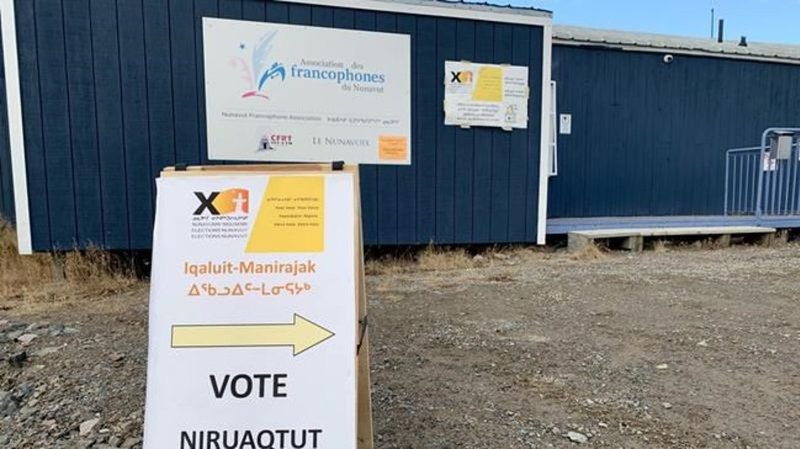
‘Everybody knows everybody:’ Nunavut voters head to the polls in territorial election
IQALUIT, Nunavut — Campaigning in Nunavut’s territorial election is a little like competing against your neighbours and friends, says former premier Paul Quassa.
Voters head to the polls Monday to elect their representatives in the territory’s sixth legislative assembly.
In larger centres like Iqaluit, candidates have been knocking on doors and handing out pamphlets for weeks.
But in Nunavut’s smaller communities, such as Quassa’s former Igloolik constituency, the race is more subdued.
